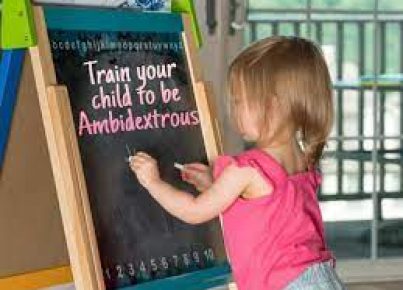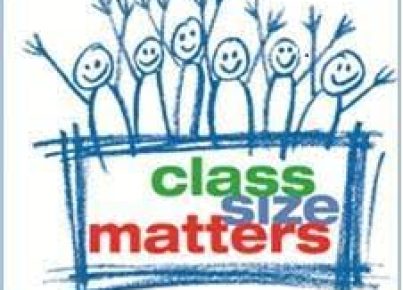Education has long been known as a system of imparting knowledge to students. However, some classroom tasks that teachers undertake for their students may not be yielding positive results. It’s essential to recognize that the primary function of education is to foster independent and competent learners. Providing too much assistance or taking on certain tasks for your students could hinder their ability to learn and grow independently. Here are 8 classroom tasks teachers should stop doing for their students:
1. Answering Questions Immediately
Patience is a virtue that both teachers and students should exercise in the learning process. Instead of providing the answer as soon as a student asks a question, encourage them to think and reason through the problem. This will help enhance critical thinking skills.
2. Finishing Sentences for Students
While it may seem harmless, completing sentences for struggling students robs them of the opportunity to develop communication skills and increases dependence on the teacher.
3. Always Providing Supplies
To cultivate responsibility, it is important that students keep track of their own supplies including notebooks, stationery, and textbooks. By not constantly providing these items, you encourage self-reliance.
4. Over-Correcting Assignments
While feedback is essential, bombarding students with excessive corrections can negatively impact their morale and enthusiasm to learn. Instead, focus on constructively addressing a few errors at a time.
5. Making Choices for Students
Encourage students’ decision-making abilities by allowing them to make choices in matters such as seating arrangement, group work partners, or extra-curricular activities. Teachers should guide students without always deciding for them.
6. Managing Time for Every Task
Allowing students to manage their own time encourages effective time management skills that are crucial beyond the classroom environment. Give guidelines but provide an element of autonomy in completing daily tasks.
7. Dictating All Notes
Instead of writing everything on the board or dictating large swaths of notes, provide students with the opportunity to take their own notes and process the information independently. This cultivates active listening and critical analysis skills.
8. Dominating Discussion
Teachers should strive for a balanced classroom environment where students feel free to express themselves and engage in discussions. By dominating conversations, teachers may create an unproductive learning atmosphere where students feel unheard or uninvolved.
By discontinuing these common classroom tasks, teachers can help foster independence, critical thinking skills, and self-confidence among their students. Ultimately, this shift in responsibility will better prepare students for success both inside and outside the classroom.





